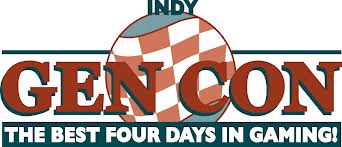Are We Looking for a Hero?
 The other day, an issue of Entertainment Weekly arrived in my mailbox. Doctor Who was on the cover. Let me repeat that, because it’s significant. Entertainment Weekly had Doctor Who on the cover. What’s next? Good Housekeeping? Vogue? The New York Times Literary Supplement?
The other day, an issue of Entertainment Weekly arrived in my mailbox. Doctor Who was on the cover. Let me repeat that, because it’s significant. Entertainment Weekly had Doctor Who on the cover. What’s next? Good Housekeeping? Vogue? The New York Times Literary Supplement?
And there’s more. Out of the last fifteen covers, six featured genre work: the new Superman movie, Game of Thrones, World War Z, Oz the Great and Powerful, and Catching Fire. Counting the Doctor, that’s seven genre covers out of sixteen. And each with a feature article, of course.
Where am I going with this? Well, I don’t know about you, but I’m old enough to remember when it would have been UNHEARD OF for any genre work to appear on the cover or front page of any widely or popularly-read entertainment information vehicle. No newspapers, no magazines, no book or movie review sections. Zip. Zilch. Nada.
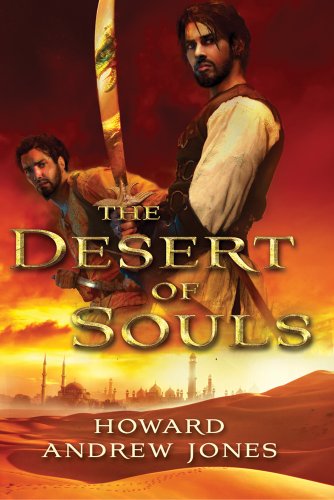 Howard Andrew Jones’s “Two Sought Adventure” details the problems and potentials in stories that have more than one hero. A story with multiple heroes is very different from a one-hero story with a sidekick, love interest, foil, nemesis, or whatever. There are plenty of straightforward techniques for using secondary characters to reveal a single protagonist’s character. Using two (or more) heroes to do this for one another in a way that feels balanced and gratifying for the reader is a tougher trick. Dialogue is crucial, and Jones offers close readings of dialogue from his own work and others’ that illustrate ways to welcome the reader into the shorthand, in-jokes, and shifting tones in conversations between longtime friends. He also addresses a problem I’ve seen in too much professionally published fiction: the duo that bickers like an old married couple, to the point where you wish they would split up, go away, or get eaten by the monster already. Friends have conflict, and friends engaged in epic heroics may have epic conflicts, but bickering is only entertaining in small doses, and it’s rarely illuminating. Jones offers a variety of specific alternative ways to handle conflict between heroes, and to interweave it with a story’s other conflicts.
Howard Andrew Jones’s “Two Sought Adventure” details the problems and potentials in stories that have more than one hero. A story with multiple heroes is very different from a one-hero story with a sidekick, love interest, foil, nemesis, or whatever. There are plenty of straightforward techniques for using secondary characters to reveal a single protagonist’s character. Using two (or more) heroes to do this for one another in a way that feels balanced and gratifying for the reader is a tougher trick. Dialogue is crucial, and Jones offers close readings of dialogue from his own work and others’ that illustrate ways to welcome the reader into the shorthand, in-jokes, and shifting tones in conversations between longtime friends. He also addresses a problem I’ve seen in too much professionally published fiction: the duo that bickers like an old married couple, to the point where you wish they would split up, go away, or get eaten by the monster already. Friends have conflict, and friends engaged in epic heroics may have epic conflicts, but bickering is only entertaining in small doses, and it’s rarely illuminating. Jones offers a variety of specific alternative ways to handle conflict between heroes, and to interweave it with a story’s other conflicts.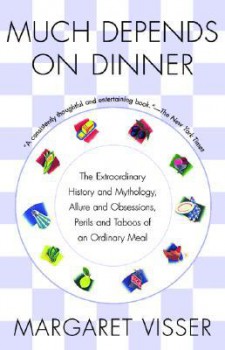
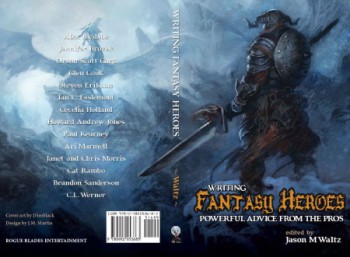
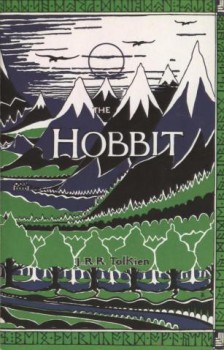
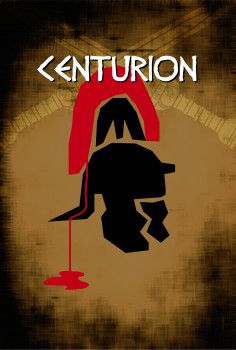
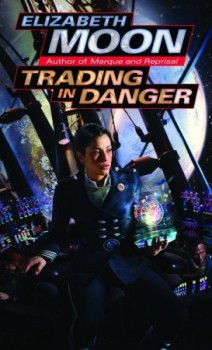
 It’s tempting to come up with some cheap shot punchline about how tax returns are a subgenre of fantasy literature. I’d poke at the puzzle longer, but I believe in the rule of law, so my tax returns are a good-faith attempt at nonfiction. There are times when I wish I hadn’t been drawn up as a Lawful Good character — goodness knows I tried at least to be Chaotic, but I could never keep it up for long.
It’s tempting to come up with some cheap shot punchline about how tax returns are a subgenre of fantasy literature. I’d poke at the puzzle longer, but I believe in the rule of law, so my tax returns are a good-faith attempt at nonfiction. There are times when I wish I hadn’t been drawn up as a Lawful Good character — goodness knows I tried at least to be Chaotic, but I could never keep it up for long.